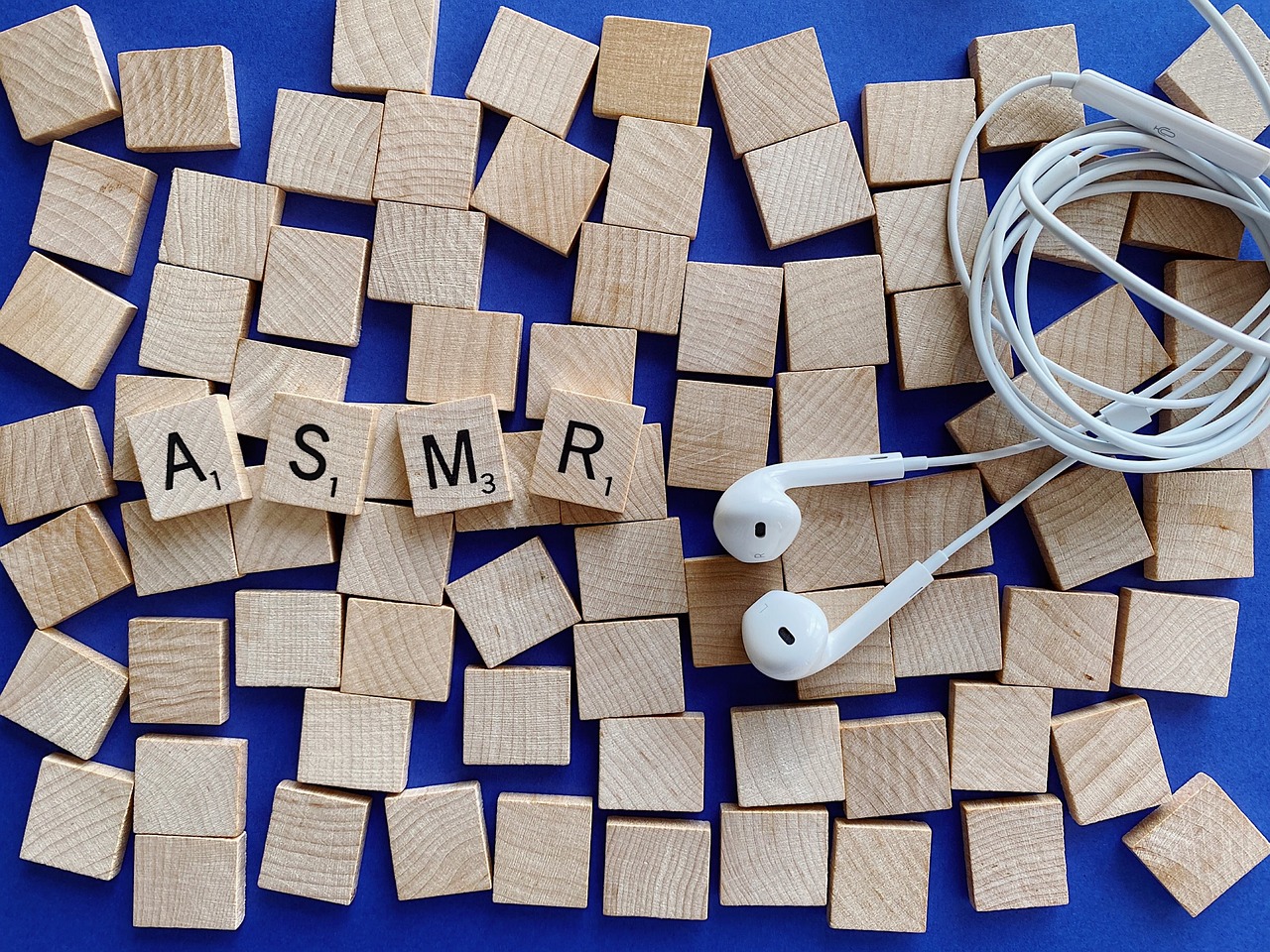Decoding the Real Estate Bubble: A Comprehensive Guide
In the dynamic world of real estate, the term 'bubble' often stirs up anxiety and speculation. But what exactly is a real estate bubble, and how does it impact both investors and home buyers? This article delves into this complex phenomenon, revealing the warning signs, implications, and potential strategies for navigating a real estate bubble.

Understanding the Real Estate Bubble
A real estate bubble occurs when property prices escalate beyond their intrinsic value, often driven by speculative activity and easy access to credit. This bubble grows as more investors enter the market, drawn by rising prices and the potential for quick returns. However, this growth is unstable and eventually bursts when the property prices can no longer be sustained, causing a rapid decline.
The Warning Signs and Implications
Identifying a real estate bubble is not easy, especially during its growth phase. However, some key indicators can act as warning signs. These include a drastic rise in property prices, a surge in speculative buying, and an increase in the debt-to-income ratio among homeowners. The implications of a bubble burst can be severe, leading to a fall in property prices, financial losses for investors, and in worst-case scenarios, an economic downturn.
The Historical Context and Key Developments
Real estate bubbles are not new phenomena. One of the most notable examples is the United States housing bubble that led to the financial crisis of 2007-2008. This event demonstrated the destructive potential of a real estate bubble, as it not only led to a housing market crash but also set off a global financial crisis.
Navigating Through a Real Estate Bubble
While a real estate bubble poses risks, it also presents opportunities for savvy investors. The first step is awareness and vigilance to identify the signs of a bubble. Next, diversifying one’s investment portfolio can help to mitigate risks. Finally, understanding that real estate markets are cyclical can provide a long-term perspective and prevent panic-driven decisions.
The Impact on Buyers, Sellers, and Investors
A real estate bubble affects different stakeholders in varying ways. Buyers might find themselves priced out of the market during the bubble growth period. Sellers could benefit from rising property prices, but only if they sell before the bubble bursts. Investors, on the other hand, face the highest risk and potential reward. Prudent investors who spot the warning signs early can protect their investments and even profit from a bubble.
In conclusion, a real estate bubble is a complex event with far-reaching implications. However, with a thorough understanding of the phenomenon, one can make informed decisions and navigate through the uncertainties of the real estate market.






